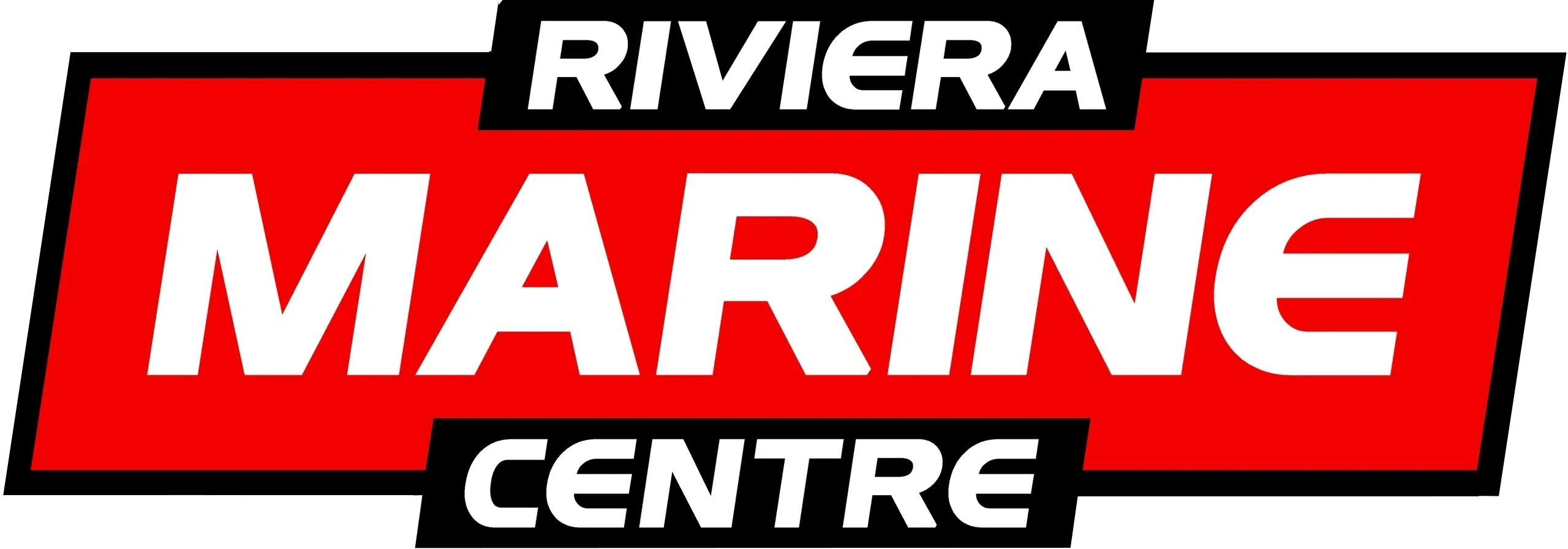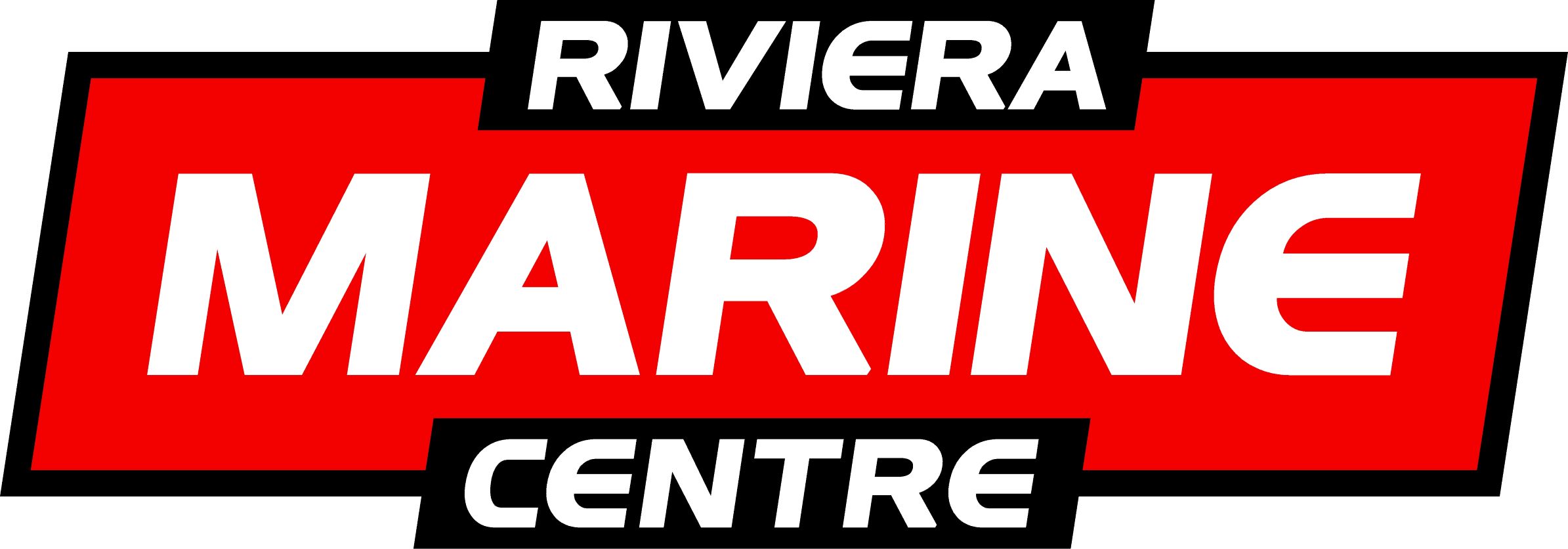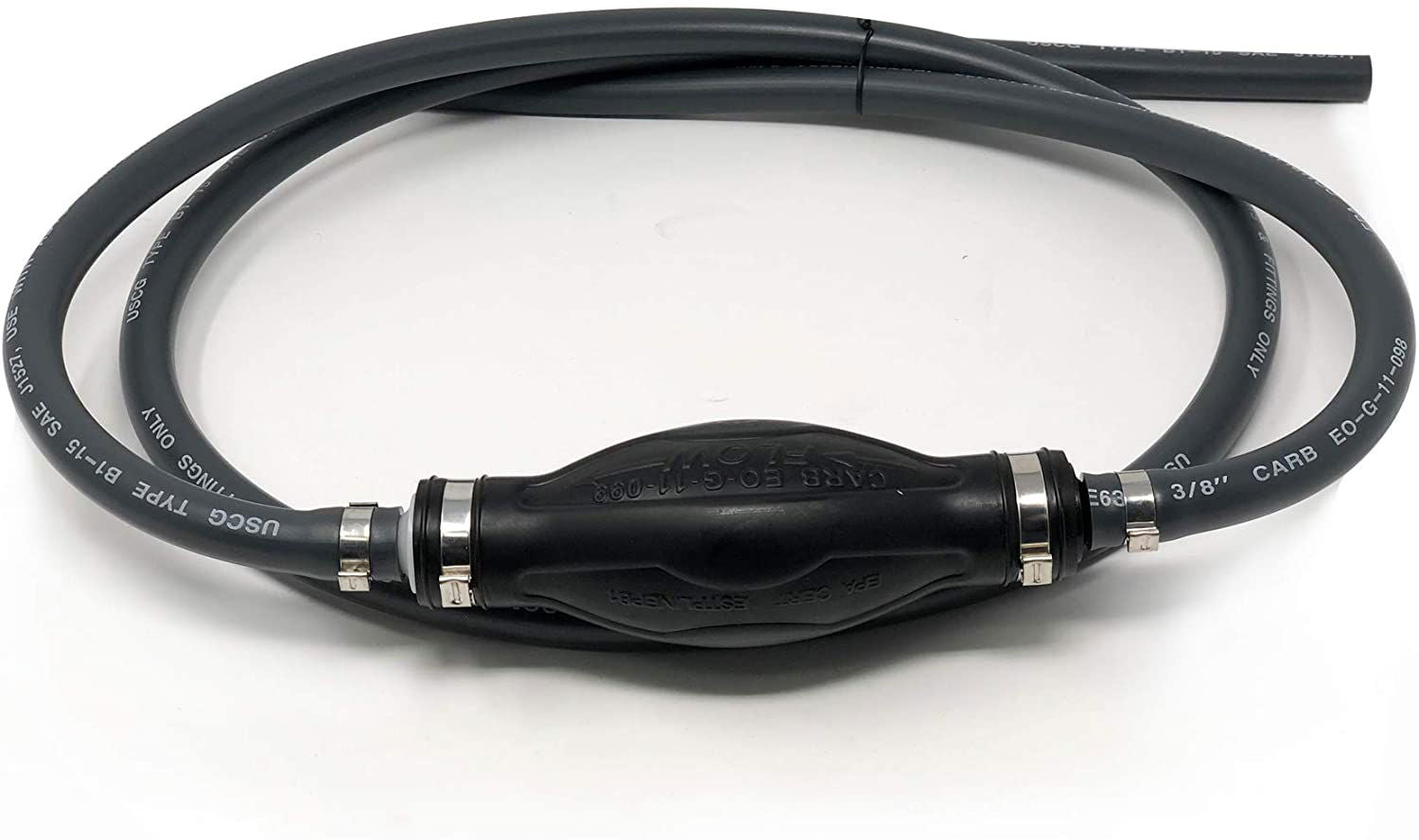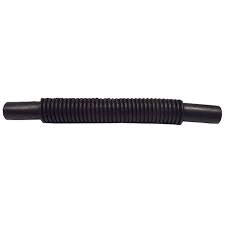Boat Fuel Hose & Lines - Riviera Marine Centre
We at Riviera Marine Centre know how vital a good boat fuel hose & lines are. They keep your marine fuel system running smoothly and safely. We offer top-notch boat fuel hoses and lines that meet Australian standards.
Our products are built to handle Australia's tough marine conditions. This gives you confidence when you're out on the water.
At Riviera Marine Centre, we think a well-kept marine fuel line is key for your boat's engine. We have a range of boat fuel hoses and lines for all types of boats and engines. Our premium products help prevent fuel leaks and protect Australian waterways.
Choosing us means a safer and more enjoyable boating experience for you.
Understanding Marine Fuel Systems and Their Critical Components
A well-working boat fuel system is key. It includes fuel tanks, lines, pumps, and filters. A boat fuel hose kit is vital for safe and efficient boat operation. In Australia, strict marine fuel line safety standards must be followed to avoid accidents and ensure legal compliance.
Essential Parts of a Boat Fuel System
A boat fuel system has a tank, lines, pumps, and filters. The tank size depends on the boat's size. A bigger boat needs a bigger tank for enough fuel. It's important to check these parts, like the fuel hose kit, often to avoid leaks and damage.
Safety Standards for Marine Fuel Lines in Australia
Australia has strict rules for marine fuel lines. Using the right fuel is critical to avoid risks. Also, keeping diesel engines in good shape is key. This includes checking fuel lines, filters, and pumps regularly to prevent breakdowns and ensure safety.
Common Fuel Line Problems and Warning Signs
Fuel line issues like leaks, damage, or blockages can happen. They might be due to wear, corrosion, or bad installation. Signs of trouble include a stiff hose, cracks, or wear. Regular checks of the fuel system, including the hose kit, can spot problems early.
Premium Boat Fuel Hose & Lines: Types and Applications
We have a wide range of premium boat fuel hoses and lines. Our marine grade fuel hose meets the needs of different boats and marine vessels. Whether you have a Tinnie, Yacht, Powerboat, Sailboat, or Jet Ski, we have the right fuel hose and line assembly for you.
Choosing the right marine grade fuel hose for your boat is key. It depends on the type of fuel you use and your boat's needs. Our products aim to improve fuel efficiency and reliability. This gives you peace of mind while you're out on the water.
Our premium boat fuel hoses and lines can handle the tough marine environment. They resist corrosion, abrasion, and UV damage. By choosing our products, you ensure your boat has the best fuel system. This means years of trouble-free service and top performance.
Selecting the Right Marine Grade Fuel Hose for Your Vessel
Choosing the right marine grade fuel hose is key for your vessel. It must handle the tough marine environment and follow Australian rules. The wrong hose can cause safety problems and harm your engine.
Material Considerations for Different Fuel Types
The fuel type in your vessel affects the hose choice. Gasoline hoses need special materials to resist gasoline's corrosive effects. The hose and connector must match your fuel type.
Size and Pressure Rating Guidelines
The hose's size and pressure rating are very important. A too-small hose can limit fuel flow, while a too-large one might kink. The hose's pressure rating must fit your fuel system's pressure.
By picking the right marine grade fuel hose, you ensure your engine runs safely and efficiently. Keep the hose and connector in good shape with regular checks and maintenance. This helps avoid problems and makes the hose last longer.
Expert Recommendations for Marine Fuel Line Maintenance and Replacement
Regular maintenance and inspections of the fuel system are key to avoiding breakdowns and ensuring safety. Choosing top-notch marine fuel line kits and boat fuel line accessories is vital. They help boost fuel efficiency and reliability.
It's important to check fuel hoses at least twice a season for leaks. Leaking hoses can cause boat fires, Marine Insurance data shows. Use marine fuel line kit that meets EPA standards, like A1-15 or B1-15, to reduce permeation.
Fuel filters should be swapped out as the engine maker suggests, usually after 50 to 100 hours or once a season. A 10-micron replacement fuel filter element costs less than $10. Following these tips and using quality boat fuel line accessories will keep your vessel's fuel system safe and long-lasting.







